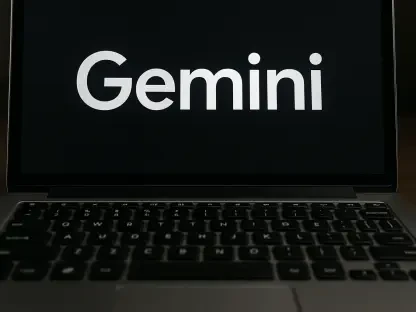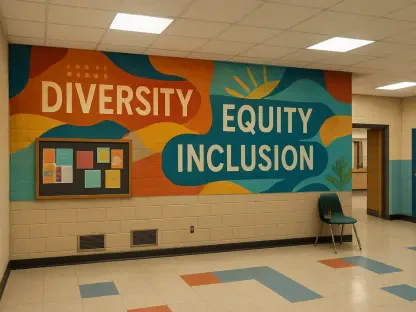Imagine a classroom where technology not only assists with learning but also challenges the very essence of how knowledge is created and shared, prompting both students and educators to rethink their roles in this dynamic landscape. At a recent event hosted by the Ateneo Institute for the Science and Art of Learning and Teaching (Ateneo SALT) and the Research Institute for Futures of Education (Ateneo RIFE) at Ateneo de Manila University, the spotlight was on Generative Artificial Intelligence (GenAI) and its transformative potential in education. This gathering brought together teachers and students from across the Loyola Schools to engage in meaningful dialogue about integrating AI into academic settings. The initiative aimed to build a collaborative space where diverse perspectives could converge, fostering a sense of community and mutual understanding. Participants were encouraged to explore how GenAI can be harnessed responsibly to enhance learning while addressing the ethical dilemmas it presents. This event marked a significant step toward navigating the intersection of technology and education with care and foresight.
Fostering Dialogue Through Innovative Formats
One of the standout features of this event was its creative approach to facilitating discussion on GenAI’s role in education. Organizers designed a gamified format that utilized prompts, opinion spectrums, and reaction cards with phrases like “Yes and…,” “Oh!,” and “Hmmm…” to spark lively interactions. Participants positioned themselves on an opinion spectrum to indicate their stance on various AI-related topics, then used the cards to expand on their views, challenge others, or express reactions. This method created a safe and engaging environment for candid exchanges, allowing both students and teachers to voice their thoughts freely. After each discussion round, groups reflected on shared insights and brainstormed actionable steps for the future, ensuring the conversations were not just theoretical but also practical. This innovative structure helped bridge diverse viewpoints, highlighting common concerns such as the need for clear guidelines on AI use while emphasizing the importance of maintaining authenticity and critical thinking in learning processes.
Building a Unified Vision for GenAI Integration
The event’s outcomes reflected a collective commitment to navigating GenAI’s complexities in education through collaboration. Participants, despite their varied backgrounds, converged on the importance of preserving the human element in learning, even as technology evolves rapidly. Teachers and students alike expressed a desire for structured policies to ensure ethical and effective AI integration, recognizing GenAI as a supportive tool rather than a substitute for genuine effort. The discussions, facilitated by experts Marite P. Irvine and Galvin Radley L. Ngo, yielded actionable insights that underscored the value of open dialogue in refining perspectives. A shared understanding emerged that GenAI’s potential can be realized only through thoughtful application and continuous conversation. Materials from the event remain available for educators and learners to borrow, encouraging ongoing exploration of these themes. Ultimately, the gathering illuminated a balanced narrative of optimism and caution, paving the way for future initiatives to shape AI’s role in academia with clarity and purpose.









